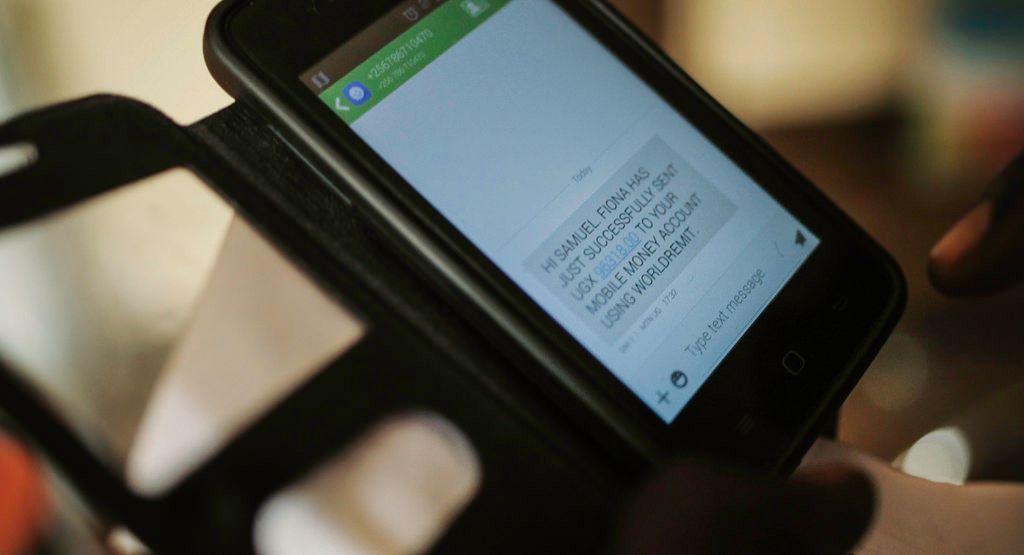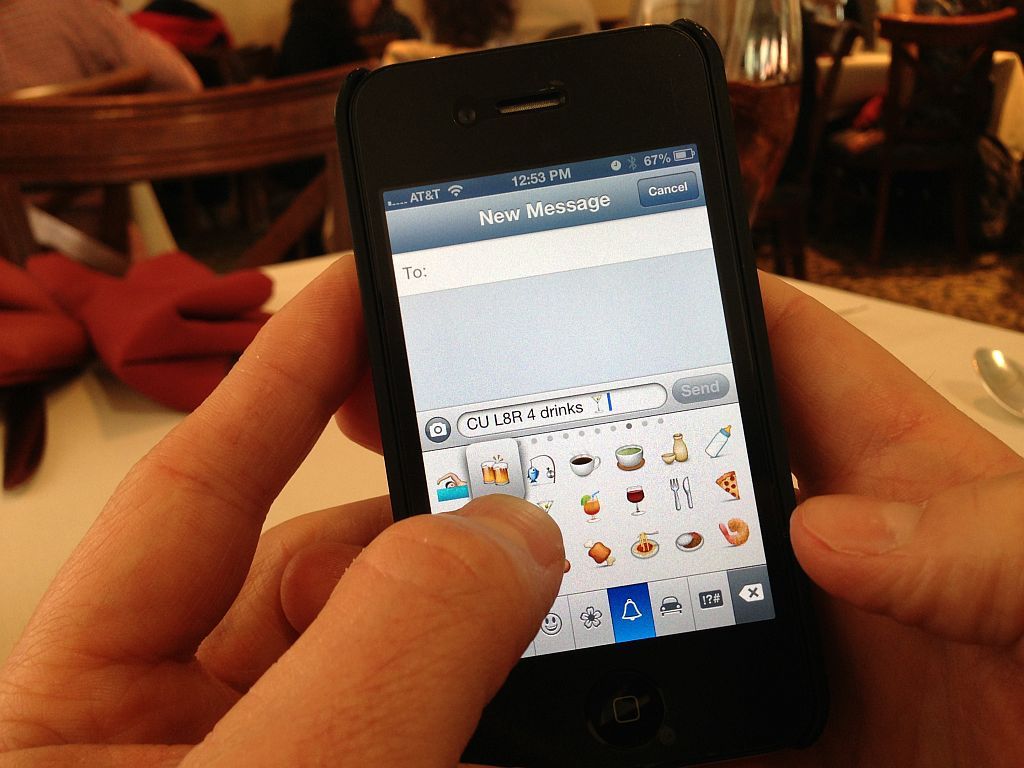Do you ever think about how many texts you send every day? I know I send more than 50 messages daily to my family and friends, but that's way below the average.
On average, American adults send and receive 94 text messages per day or 33,834 text messages per year.
Of course, so many messages are being sent back and forth because a lot of us now have mobile plans that include unlimited texting.
The good news is that these cell phone plans have been getting cheaper, but for people who live in a certain part of the country, there may be some changes to your monthly bill that you will probably not like.
A new report from the California Public Utilities Commission (CPUC) reveals that the state's communications regulators are toying with the idea of adding a tax to text messages you're sending.
While some outlets reported that the tax would be applied per text, the commission clarified that it would likely be a flat fee added to the monthly bill should it get its way.
This new levy would cost consumers more than $44 million a year.
But why is this tax being proposed in the first place?
Apparently, the money would be used to fund programs that make phone services available to low-income individuals.
The report also claims that the current tax on the telecommunications industry has negatively affected the Public Purpose Program's revenue, so the text tax would be beneficial to them.
"From a consumer's point of view, surcharges may be a wash, because if more surcharge revenues come from texting services, less would be needed from voice services," CPUC spokeswoman Constance Gordon said in a statement. "Generally, those consumers who create greater texting revenues may pay a bit more, whereas consumers using more voice services may pay less."
Many residents, business groups, and wireless carriers are against the proposal, with the CTIA, which represents major wireless carriers, saying that the tax is anti-competitive and would give social media messaging apps, like WhatsApp and Facebook Messenger, an unfair edge over phone providers.
Jim Wunderman, president of business advocacy group the Bay Area Council told the San Jose Mercury News that the whole idea is "dumb," because texting is how so many of us keep in touch these days so "it's almost like saying there should be a tax on the conversations we have."
There's also the argument that texting is like email, which makes it fall under the "information service" category and should be exempted from Public Purpose Programs, which applies a surcharge on telephone services as well as utilities to subsidize low-income telecommunications programs.
The proposed tax on text is up for debate until January 2019 when the CPUC is expected to vote.




